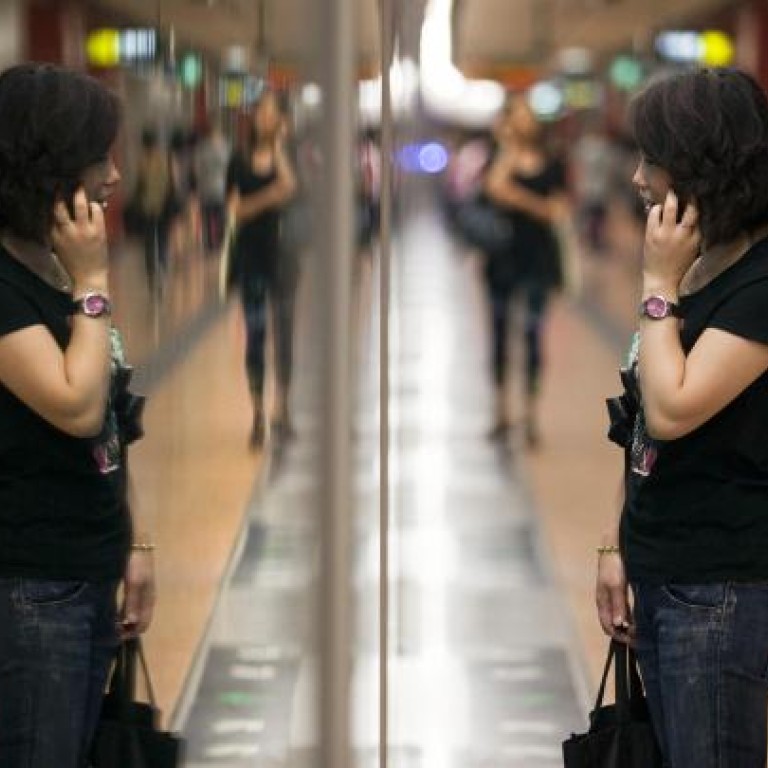
We must break the culture of silence over sex crimes
Meredith McBride says women in Hong Kong must find the courage to speak out against sexual harassment if cultural attitudes are to change
I became interested in sex crime in Hong Kong several months ago when a friend mentioned that it was often not officially documented here because of a desire to keep crime statistics low. Hong Kong values its appearance as a clean, crime-free, safe city, open for international investment and travel. To portray it as otherwise could mean a drop in business and tourism revenue.
Since moving to Hong Kong in September, I have been shocked to find myself subjected to various forms of sexual objectification and harassment. The first event occurred not long after I had moved here, when a man brushed my thigh with his palm in the middle of crowded Mong Kok. The second occurred when a man exposed himself to me as I walked to the MTR in Sha Tin.
The most recent episode occurred while I was taking the MTR home. The train hadn't even begun moving when I noticed an Asian man staring at me. At 1.8 metres tall with blonde hair, I accept that I am something of an anomaly in Hong Kong, but being stared at is always uncomfortable.
I stared back to encourage the man to look away. He was wearing a suit and appeared to be in his 40s or 50s. He continued to stare and began to make lewd gestures with his mouth. Although there were two people between us, no one commented. I grabbed my phone as a distraction, debating whether to take a photo of the man, but decided against it.
The man moved towards where I was standing until he was directly in front of me. I moved away and got off the MTR a few stops early. He didn't follow. As I waited for the next train, I silently cursed myself for not taking the photo. "Next time," I thought, "I will be sure to take a photo of the next pervert!"
Next time? Why should there be a next time? Why should I have to think about my response to sexual assault on public transport? I looked over my clothing - but my collared shirt, sweater and jeans and subtle make-up were hardly provocative. But even if I had been wearing a mini skirt and tube top, there was no justification for harassment.
As a human rights worker, I am aware of the deep trauma caused by sexual violence. The harassment I have been subject to has made me more empathetic to the women victims of sexual crime. I understand how it feels to be a bit jumpy when a man gets too close. I feel a little less safe walking home. But, even so, I can't imagine how awful it must be to be raped and tortured and have no hope for justice.
What happened on the MTR had nothing to do with how I was dressed, being out at night, or me being provocative in any way. It had to do with a sad man who finds it acceptable to harass young women. It has to do with him knowing he won't be caught. It has to do with a social acceptability of his actions perpetuated by not speaking out about these issues.
I wish I had taken that photo. The man will go home, possibly to his wife, children and friends, and all will be the same. I doubt I am his first victim, and I won't be his last.
We cannot continue to pretend these things don't happen. This culture of silence, predominant in India, is also prevalent across Asia, and Hong Kong is no exception. We must speak out and speak loudly about these issues if anything is to change.
